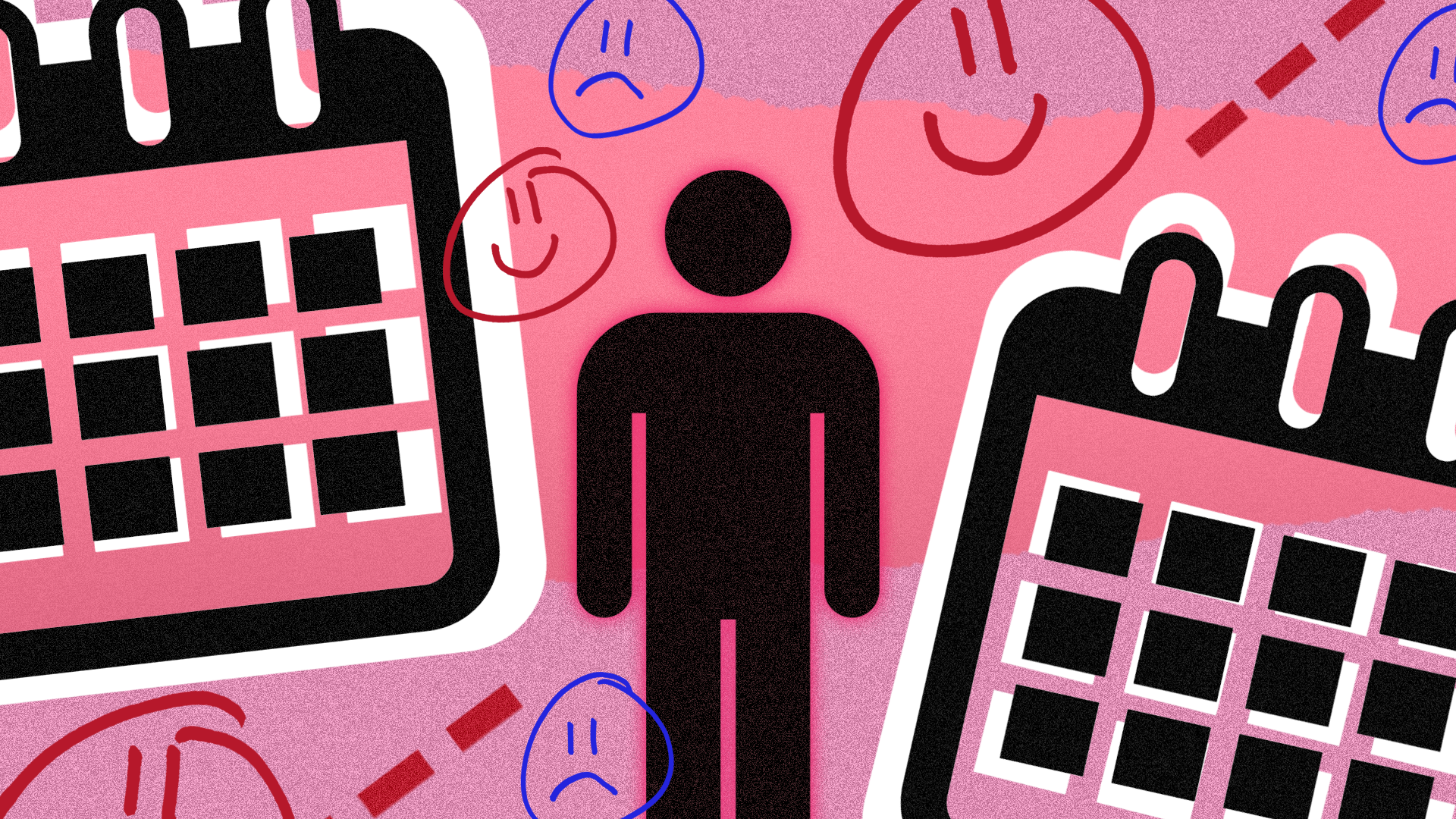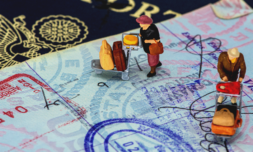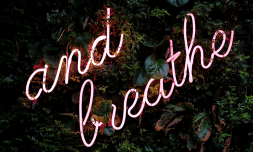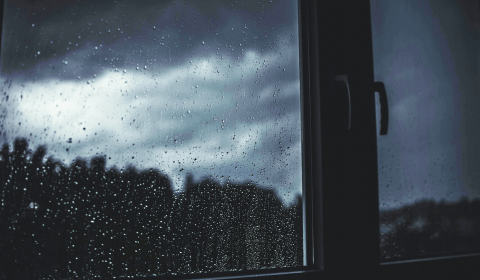Reports predict almost half of UK citizens vow to exercise more, improve their diet, or lose weight at the turn of a new year. But is that an image we should still be chasing?
Food, sparkling wine, Christmas markets and snow; I have loved this time of year ever since I can remember.
But soon after the laid-back lifestyle and the feasts comes 1 January and its long list of to-do lists, goals and promises. It’s my chance to have a fresh start, or — like for 44% of people — to be back on track to being my “fittest self”.
For people with eating disorders, this mindset and these types of resolutions are not a chance to seek new goals. Often, in fact, they do more harm than good.
Francesca Baker, in recovery after decades of anorexia, says she frequently pursues New Year’s resolutions. ‘I just want to get fitter and stronger, but I always know I might lose weight,’ she says.
Unlike a lot of us, Baker says she tends to hold back on food during the festive period, so she can save herself for Christmas dinner. ‘It never actually happens… and then I end up in a calorie deficit, cold and tired.’
Despite the pandemic, 2020 was the first holiday in years where she felt at ease. At home, alone with just her boyfriend, they ate Christmas dinner and drank things she finally felt comfortable with.
Lauren Webb, a healer based in Cornwall who has lived through 15 years with anorexia, bulimia, and binge eating disorder, has spent Christmases fearing what people would make her eat, or what they would say if she didn’t eat anything, or worst of all, hiding what she wasn’t eating from the ones she loved.
As an anorexic, Webb says not eating was never the issue. ‘I was just so committed, food just didn’t interest me,’ she adds. ‘But I have dated Italians a couple of times, and attended dinner parties where food was just piled up on my plate — that was hard.’
Then, as a bulimic, festive dinners were an emotional cycle of eating too much, feeling guilty, and getting rid of it over and over again. But even though she felt she achieved the same end result as her time as an anorexic – the guilt would always catch up.
‘At that point in my life, I didn’t know you could eat without feeling guilty,’ she says, sighing.
Webb’s eating disorders started from the age of six. One of her earliest memories was deciding she should starve herself. ‘I was tuning into cultural shifts and norms,’ she explains. ‘Growing up in Connecticut, there were a lot of aspects to society that were about appearances and in my mind if I could look good in any type of clothing, then I looked good.’
At Christmas though, eating disorders can particularly flare up when individuals come face to face with feasts, a lot of drink, and a lot of socialising.
Starving is a way for people who are suffering from loneliness or depression to no longer feel that way, says Jeanna Magagna, a child and adolescent psychotherapist.
Magagna, who is also the author of A Psychotherapeutic Understanding of Eating Disorders in Children and Young People: Ways to Release the Imprisoned Self, says people often search for a high from endorphins – the same as from exercise – by not eating. Like when you get into an accident, the body knows it’s dying and goes into survival mode. So you don’t feel any pain.
‘But it’s not about the eating,’ says Magagna. In fact, eating disorders start from when we are still in our mothers’ wombs. If the baby doesn’t have a calm space because it is receiving too much cortisol – it finds it harder to attune to its mother.




















